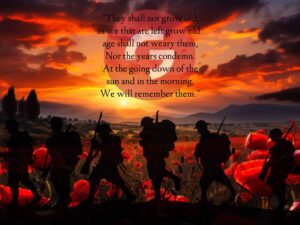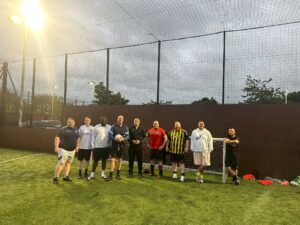In recent times, the role of security personnel has expanded beyond merely “guarding the door”. They are now our first responders, mental health first-aiders, and sometimes, even our lifesavers. Yet, a recent BBC investigation has brought to light some alarming findings about the state of security training in the UK.
The probe revealed that certain security guards were bypassing the rigorous processes meant to certify them. Not only were they not trained adequately, but they were also fraudulently obtaining work licenses. Such findings naturally pose a serious question: how safe are we?
Craig Fraser, a leading voice from Granite Elite Security Services in Scotland, shared that the standard training protocol is far from a quick crash course. It’s a comprehensive six-day program covering various essential aspects, from emergency first aid to conflict management. Fraser’s concern echoed loudly when he highlighted the terrifying trend of prospective security personnel lacking even basic English proficiency, a fundamental component of their training.
Echoing Fraser’s sentiments, Donald McLeod, who runs two popular nightclubs in Glasgow, pressed on the critical role of security in venues. Today’s security staff deal with everything from handling over-inebriated guests to managing mental health crises and even being on the lookout for potential terror threats. For McLeod, any compromise in their training is a compromise in the safety of both the staff and patrons.
Interestingly, while the onus of proper training is a given, the Security Industry Authority clarified their stance by stating they don’t directly regulate training. However, they are committed to collaborating with regulators to ensure allegations of malpractice are scrutinized.
In conclusion, while training might come at a higher cost, both Fraser and McLeod advocate for its paramount importance. The reputation of the security industry and, more importantly, public safety, hinges on it. It’s a clarion call for the industry to introspect, regulate, and uphold the highest standards, ensuring that a security badge remains a symbol of trust and honor.




